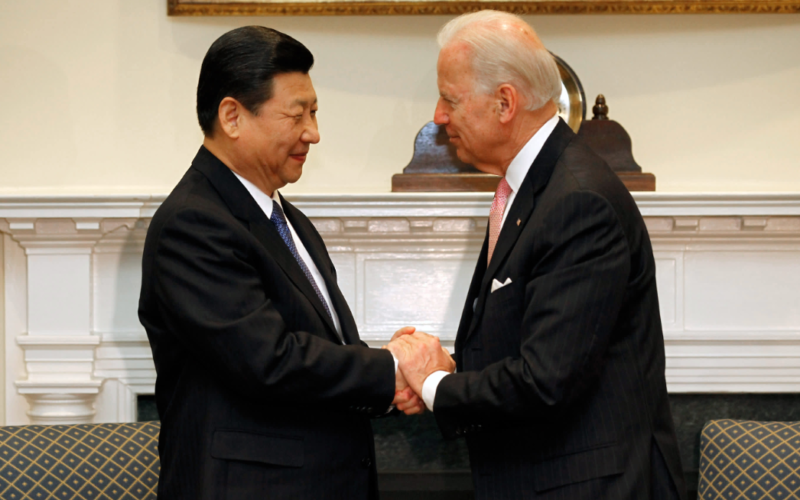A mere two weeks post the highly anticipated meeting between Chinese President Xi Jinping and U.S. President Joe Biden, the competition between the two global powerhouses shows no signs of abating. The summit, which was anticipated to provide a platform for diplomatic dialogue and potential avenues for collaboration, has instead underscored the enduring intensity of the rivalry between China and the United States.
The Xi-Biden meeting, held with the backdrop of complex and multifaceted challenges, aimed to navigate issues ranging from economic tensions to geopolitical concerns. However, the swift return to a state of fierce competition highlights the entrenched nature of the underlying issues that continue to strain relations between the world’s two largest economies.
One of the focal points of contention remains the economic arena, with trade imbalances, intellectual property disputes, and technology competition continuing to be pivotal issues. Both nations, keenly aware of their economic interdependence, are grappling with strategies to secure their interests and technological advancements, resulting in an ongoing economic competition that transcends borders.
Geopolitically, areas of discord persist, ranging from regional disputes to global leadership aspirations. The South China Sea, Taiwan, and human rights issues remain flashpoints, contributing to the geopolitical complexities that define the China-U.S. relationship. As both nations assert their influence on the world stage, the competition for geopolitical supremacy remains unabated.
The evolving dynamics in the realm of technology further accentuate the competitive landscape. From artificial intelligence to 5G networks, China and the U.S. are engaged in a technological race with far-reaching implications for global innovation and security. The ongoing competition in these domains underscores the strategic significance both nations attribute to technological advancements and their impact on future geopolitical influence.
While diplomatic engagement remains a cornerstone of international relations, the swift resurgence of competition post the Xi-Biden summit emphasizes the intricate nature of the China-U.S. relationship. The ability to navigate these challenges will require a nuanced approach that balances competition with cooperation and acknowledges the interconnectedness of global issues.
In conclusion, the persistent and intense competition between China and the U.S., just two weeks after the Xi-Biden summit, highlights the complexity and depth of the issues at play. Navigating this intricate relationship demands a delicate diplomatic dance, where both nations must find common ground amid their differences to foster a more stable and cooperative international order.








